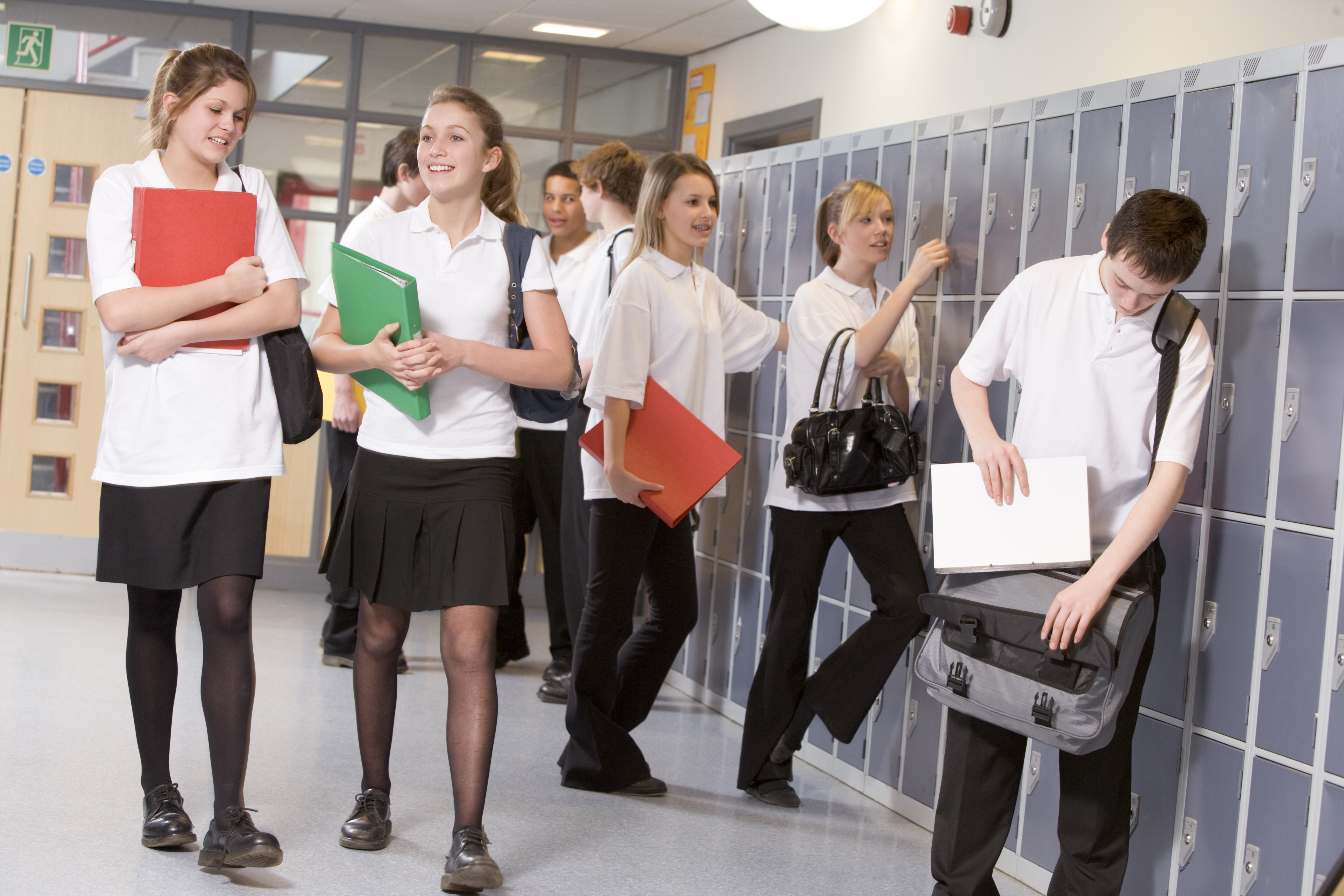GrabTheMeic: I’m scared about going up to comp

Moving from primary to secondary school can feel exciting and scary at the same time. It’s okay and normal to feel nervous about it as it is a big event in your life. One thing to remember is that you’re not alone in feeling nervous, most of the other children moving to secondary are probably feeling the same way.
Some of the worries expressed by children about to transfer to secondary school are:
- How will I find my way around the school, as it’s so much bigger than my primary and there’s so many more pupils and teachers there?
- I might not be in the same tutor group as my friends, will I make new friends?
- I’ve heard they give you lots of homework to do, and I’m worried I won’t be able to keep up.
- I’m a bit nervous about travelling to school by myself, but everyone else is, so I’ll have to.
- I’m scared that some of the older kids in the school will bully me.
There’s lots of support and help in school for Year 7s. Schools know that starting secondary school can be scary, and put a lot of effort into making sure you settle in as well as possible. Your form tutor, who you will see with your tutor group twice a day for registration, will be there to help you with any questions or concerns you might have. You will also have a Head of Year (HOY) who can help pupils for any matters that can’t be dealt with by your form tutor, and most schools have learning mentors and counsellors or well-being officers.
You will be given a time-table/planner with a list of all the subjects, teachers and classrooms where you need to be. It usually takes a week or two to get used to changing lessons and knowing where the classrooms are, and you’ll have your classmates with you as you move around the school.
Primary school friends are often split up (not deliberately) into different tutor groups and though you might prefer this not to happen, it gives you the chance to get to know and make friends with other children. You can hang out with them, and your new friends during break and lunch-times. You can also check out the extra-curricular activities such as various sports, drama, dance, and lots more, as joining clubs at school is a great way of settling in, staying healthy, making new friends and enjoying new experiences. A recent study found that children and young people who take part in extra-curricular activities seem to do better in GCSE results.
The amount of homework you get given in secondary can feel like a lot to begin with, so here’s a few tips to help you to stay on top of it:
- If possible, find a quiet, comfortable space in which to do your homework;
- Try to make sure you’ve eaten something and drink plenty of water, as this helps you to stay alert;
- Plan a set time for doing it, for example, after school or early evening. Think about using the school library or homework club (if there is one) to get some of it done;
- It’s always best to do the homework when the lesson is fresh in your mind, as it’s easy to forget what teacher was saying if you leave it too long. It also helps to stop you feeling under pressure if you get it done quickly;
- Make sure you understand the task you’ve been given – if you’re not sure, you can ask your subject teacher or your form tutor;
- Some young people enjoy studying together as it helps them to concentrate;
- If you are struggling with the amount or the kind of homework you’re being given, talk to your form tutor and your parents so that they can suggest ways of helping you.
- Take short breaks and move around as this can help with concentration.
- Give yourself a big pat on the back when you complete your homework and enjoy the sense of achievement you’ll get from it.
Making the journey to a new school without adults can be a bit scary to begin with, however, after a few days, you will probably begin to enjoy the independence. If you’re worried about how to get to school, practice the journey a couple of times before term begins so that you feel more confident about it, and maybe arrange to travel with friends.

Many children moving to secondary school mention bullying as a concern. Whilst it’s true that bullying takes place in all schools, secondary schools are usually very good at putting their anti-bullying policies into practice. They are keen to nip bullying in the bud (not let it go on) and use a mixture of things to help to stop it. You could check out your secondary school’s Bullying Policy on the school website for more info on this. If you do experience bullying, and are not able to get the help in school that you would like, you can always get in touch with Meic. As well as giving advice and information, Meic offers advocacy (that is speaking up on your behalf) to young people who would like help to let adults know what’s going on and how they’re feeling.
I hope you feel a little less nervous after reading this. Remember that it’s good to talk, so don’t be afraid to let your parents or carers know how you’re feeling, or get in touch with Meic. Good luck!




















